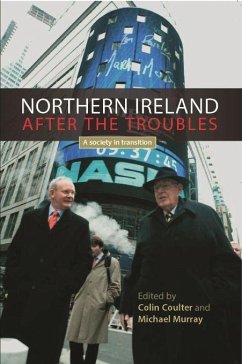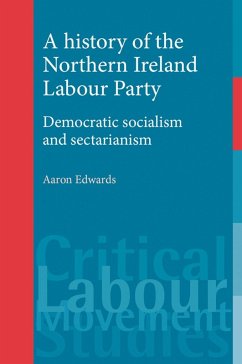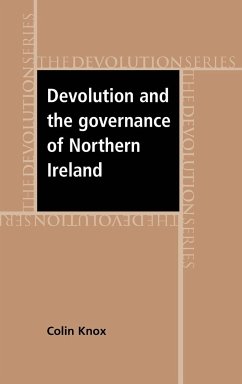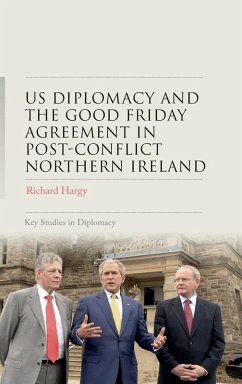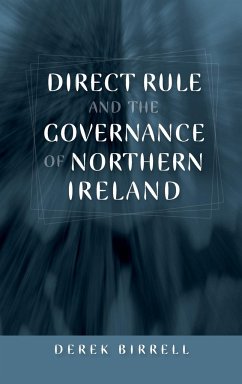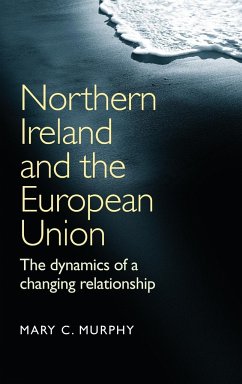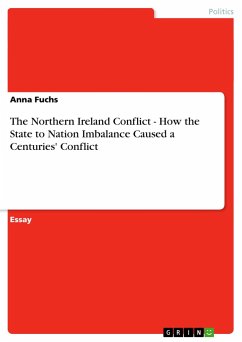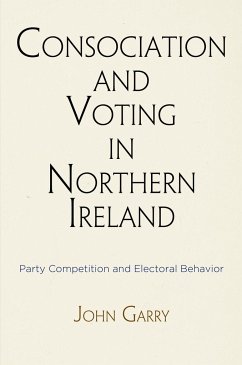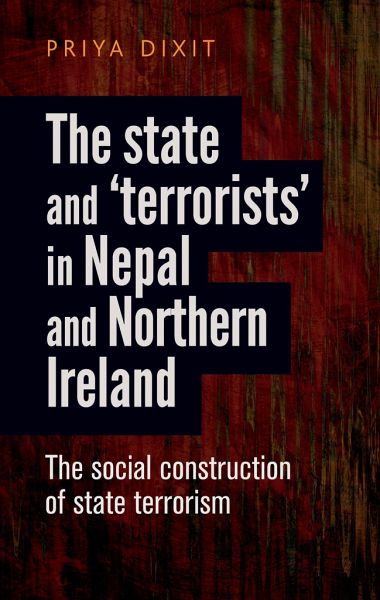
The State and 'Terrorists' in Nepal and Northern Ireland
The Social Construction of State Terrorism
Versandkostenfrei!
Versandfertig in über 4 Wochen
128,99 €
inkl. MwSt.

PAYBACK Punkte
64 °P sammeln!
This book compares the use of 'terrorism' by states in the Global North (Britain in Northern Ireland) and South (Nepal), examining particular events over time. As such, it questions conventional understandings that states cannot be 'terrorists' and that post '9/11' terrorism is new. It does so by outlining how states have used the label of 'terrorism' to establish a specific 'counterterrorist' identity for themselves and by indicating how similar strategies of representation were used by the British and Nepali states while labeling others as 'terrorist'. Because it draws on rhetorical analysis...
This book compares the use of 'terrorism' by states in the Global North (Britain in Northern Ireland) and South (Nepal), examining particular events over time. As such, it questions conventional understandings that states cannot be 'terrorists' and that post '9/11' terrorism is new. It does so by outlining how states have used the label of 'terrorism' to establish a specific 'counterterrorist' identity for themselves and by indicating how similar strategies of representation were used by the British and Nepali states while labeling others as 'terrorist'. Because it draws on rhetorical analysis, discursive psychology and critical security studies to analyze the politics of labelling, it is expected this book will be useful to a wide range of readers from political science, International Relations, terrorism studies and also media, cultural and area studies.



